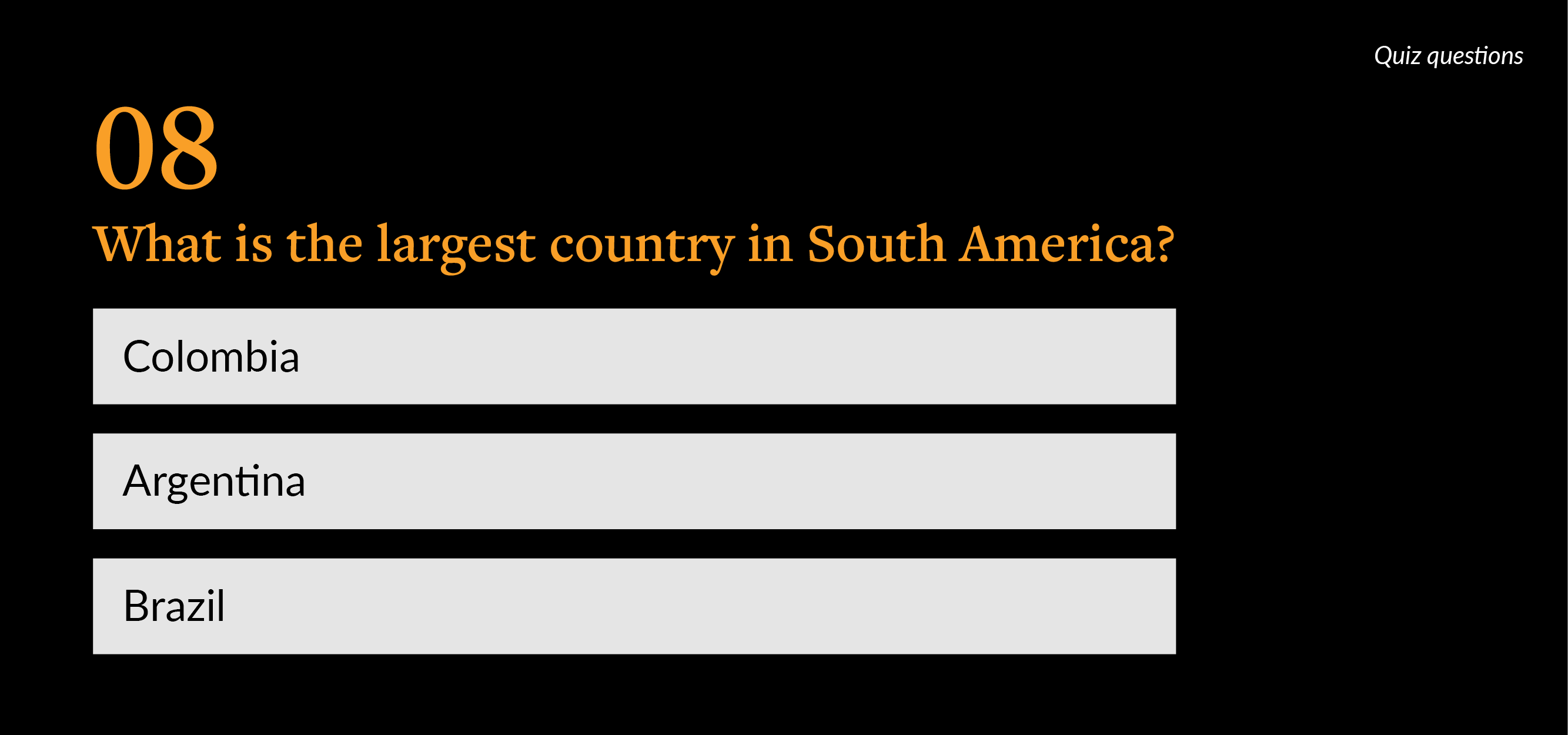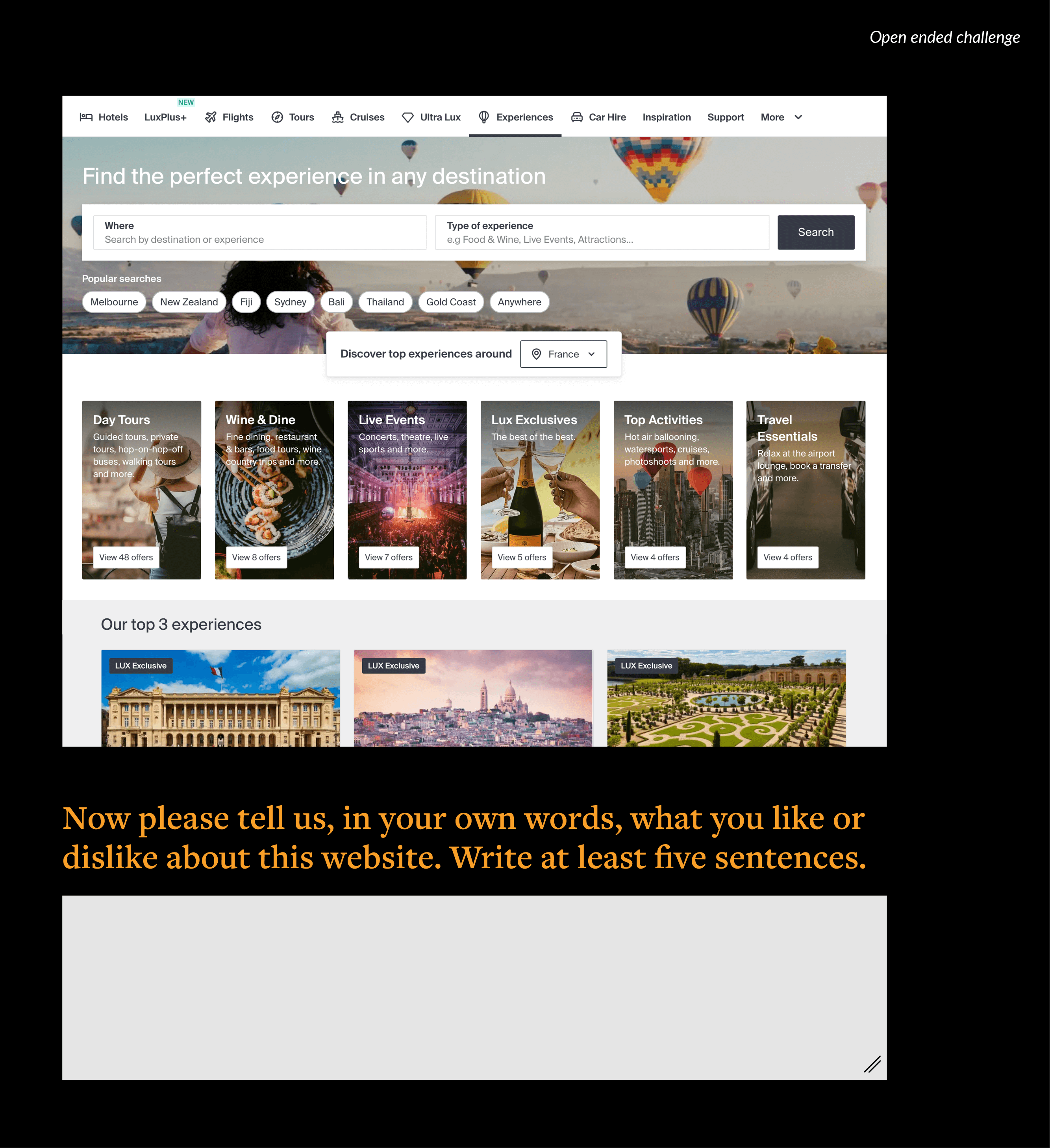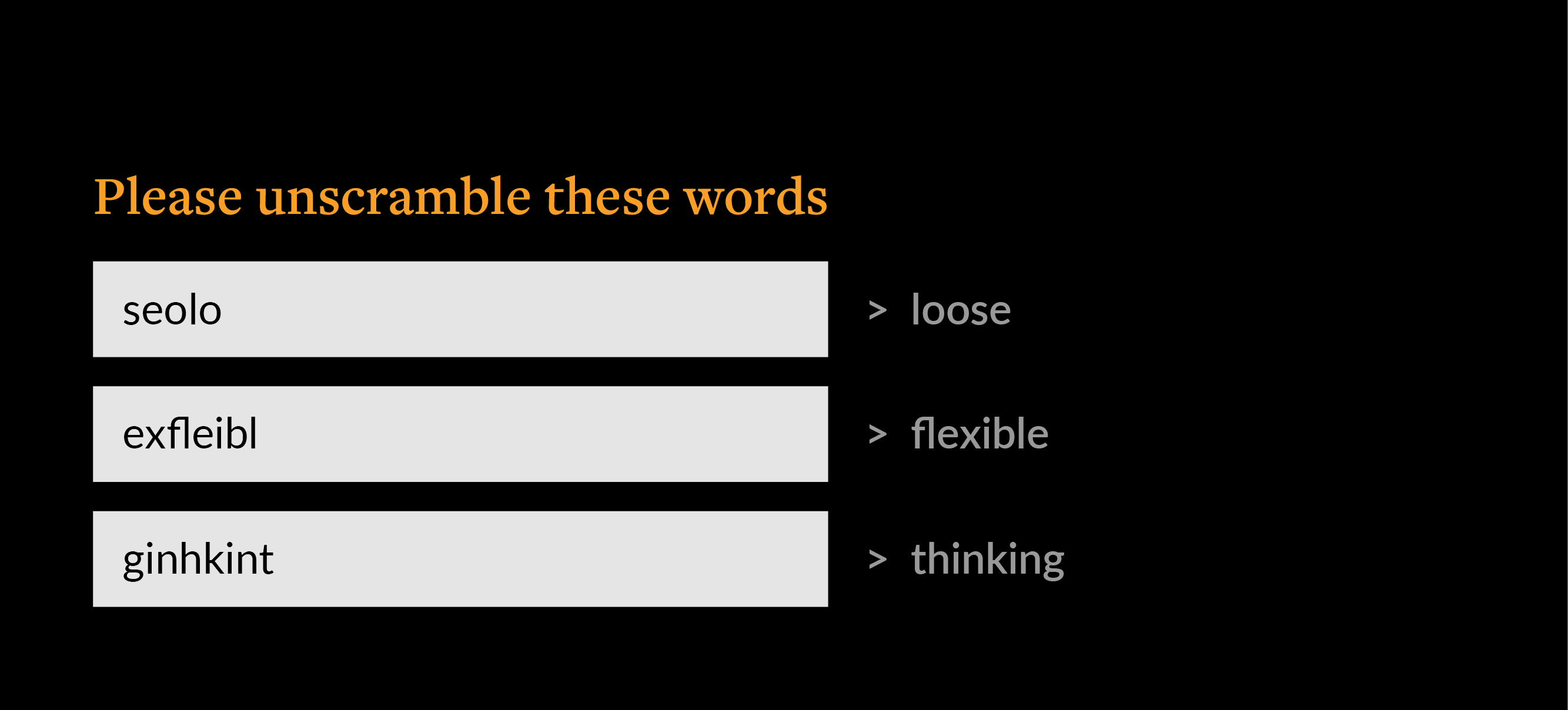29 March 2020
Market insightsWith so many important business decisions being made with the help of market research; having strong, accurate data is more important than ever.
Andrew Pears joined the One Picture Quantitative Insights division in 2022 having completed a master's in marketing. His research on how gamification can be used to solve issues around BOTs being present in consumer panels and respondents giving false answers is vital to the success of insights in a rapidly changing technological environment. We pulled Andrew away from his client work to help us understand his thesis and what it means for our projects.
Explaining his project, Andrew wrote “My master's thesis centred around three key areas: gamification, cognitive flexibility – basically how smart you are – and consumer preference. The aim of the paper was to prove that playing games had an effect on our desirable and feasible choices.”
At a glance that all sounds like a lot – and it is – as this was a yearlong endeavour for Andrew as he navigated all the academic and business cases surrounding gamification and how it had been used over the years.
His work highlighted that previous research had looked at individual cases, such as the incorporation of game-like elements in typically non-game scenarios and the end results which correspond to either desirability or feasibility as well as the effects of their respective concepts, such as increased engagement.
But how can this help us in research? Without skipping a beat, Andrew said “the key is to build in engagement when designing research, not treat it as an afterthought. It’s very easy to make a survey and add some visual flair at the end but that will do little for respondents.”
In his thesis, Andrew explored much about how to go about this saying “including game-like questions at the beginning to get people thinking is one way my research went about this . . . mini games essentially. Word scrambles, quiz questions, sorting boxes and so on.”
Additionally, he found that by making surveys more in-depth in how they are written and incentivised, we can further ensure better quality. For example, noting that respondents may get additional points for a more detailed answers or if they answer a few more questions they can earn more points, can all be engaging and motivating ways to ensure higher quality data.
“By using these elements, we can heighten the cognitive flexibility of our respondents to help improve response quality and keep panellists focused on achieving the end goal of completing the survey with the most points,” Andrew noted.
With so many important business decisions being made with the help of market research; having strong, accurate data is more important than ever. While we can have all number of BOTs checking procedures to stop fake respondents farming surveys, its equally important to consider the quality of the responses that qualify to ensure they are genuine.
In doubt? Here are some examples of what can be done:
First let’s start with an industry standard....

And now how Andrew proposes we set up for better success.

Alternatively, we can go about this differently by setting up priming tasks at the beginning to immediately involve respondents and get them ready for the questions to come. Such as:

As small as this seems, this can go a long away in refocusing respondents and getting them thinking in the moment.
Through his thesis, Andrew found that when consumers are faced with one of two options (such as domestic vs international travel) how they are thinking in the moment plays a crucial role in what they want to do. When someone is less involved (or not cognitively flexible) they are less likely to want their preferred option, opting for what is feasible to them instead.
However, once primed, we can see the effects from travel plans to kitchen appliances – how our brains view our purchases and opportunities are highly dependent on how we feel in the moment, so let's make the moment count and serve up accurate results for those big decisions!
Andrew's thesis has wide ranging implications for all data driven decisions. The work around removing BOTs from data panels and ensuring accuracy is being seen more and more with the automated offerings that marketers might find initially attractive – until the results aren’t living up to in person consultation.
With pressure on client marketing and insights budgets, the work that gamification can do to ensure accuracy means a more effective strategy and “bang for buck”. This also opens up new ways to connect with consumers and understand more about their thoughts than simply getting them to choose a tick box.
Andrew’s work is innovative and is making a real difference to the outcomes for clients and consumers. After all that’s what insights are about and sometimes it is easy to look at a dashboard and forget about the customers that sit in behind it and how they feel about answering questions after a busy day.
If you have big decisions to make and you need your answers to be accurate, contact The One Picture Group for a no-obligation chat about how insights can help with brand issues and marketing challenges.
We have extensive knowledge in designing, executing, and presenting insights across the globe with offices in Auckland, London, and Sydney. If you want help to test consumer products, understand best practice behaviour drivers or scope your next big endeavour, get in contact today.
The One Picture Group is a strategy company, consumer insights and brand planning specialists who are 100% Kiwi owned and have been helping brands meet consumers for over 22 years. If you want to do a deep dive into your customer experience or brand strategy, contact our teams in Aotearoa New Zealand, Australia and the United Kingdom.
Key Contacts:
Robyn Crozier (NZ) RobynC@onepicture.com
Richard Bourke (Australia) RichardB@onepicture.com
Jennifer Calvey (UK) JenC@onepicture.com





 Tags:
Tags: